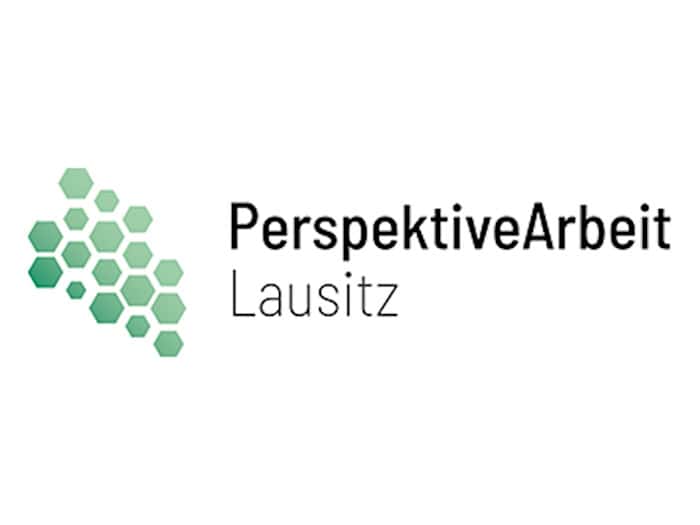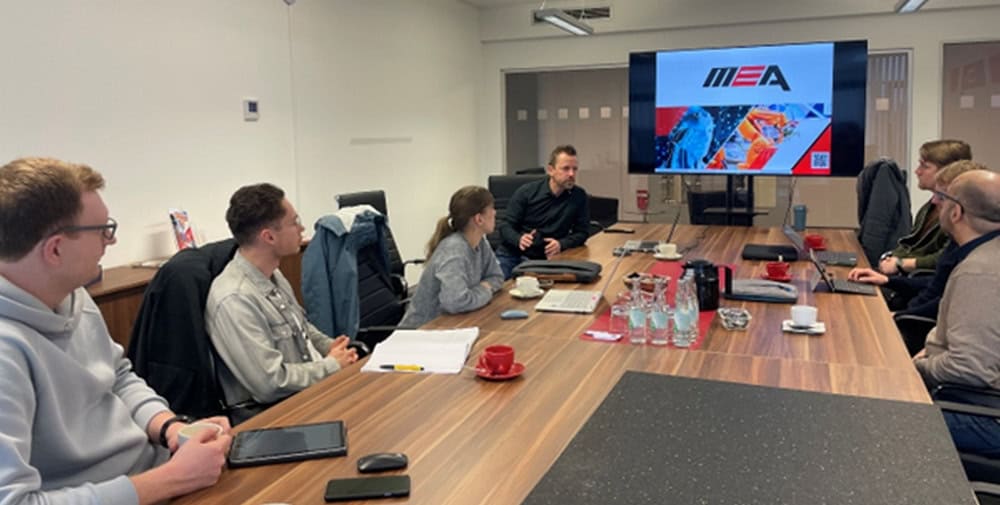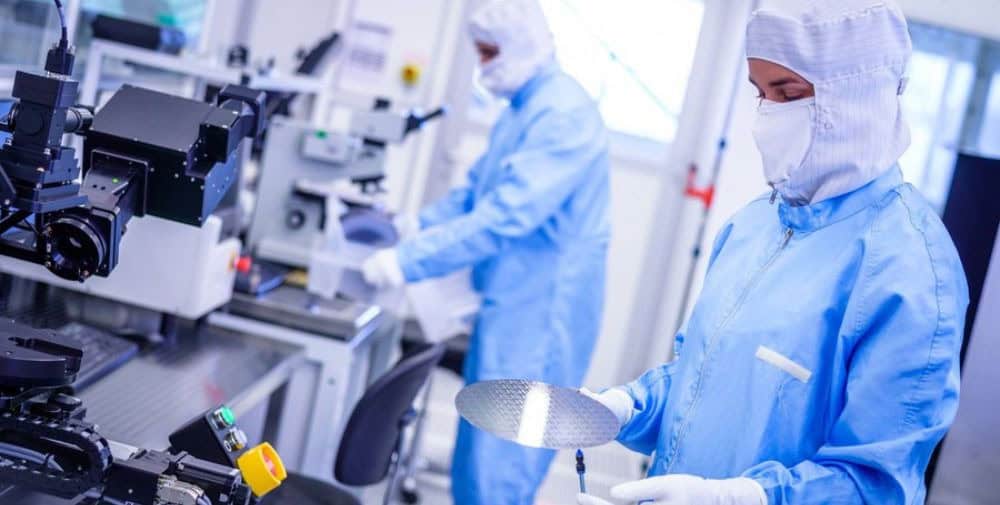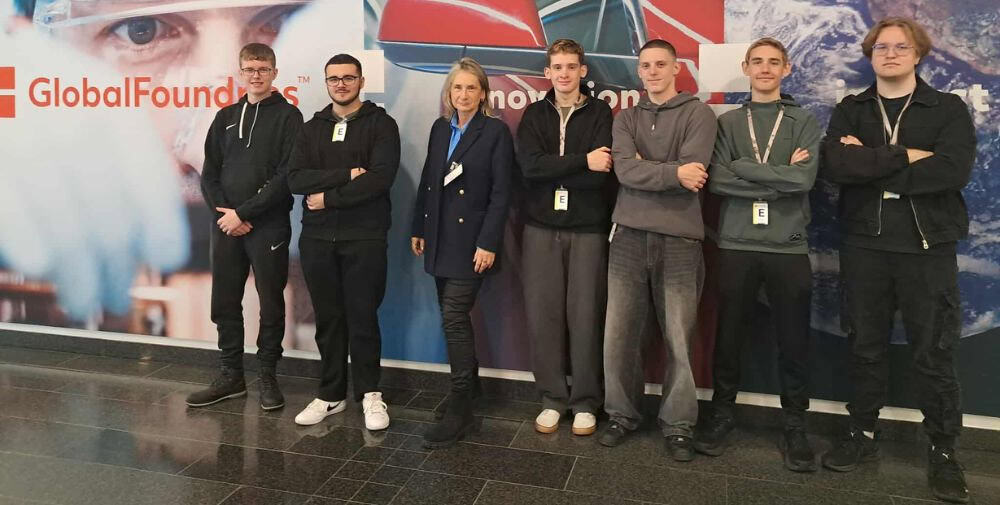
“Networking between universities, industry and training institutions is extremely important in order to prevent outdated applications from being used in training,” emphasizes Sebastian Boden. His facility currently trains more than 400 apprentices in the field of mechatronics, many of them for companies in the Saxon semiconductor industry. In total, MEA Kesselsdorf looks after almost 750 trainees and is considered a pioneer in the region when it comes to integrating new technologies.
Collaboration with science
In order to adapt training to the dynamic development of modern technologies, Boden cooperates with Mittweida University of Applied Sciences. In December 2024, he and Fabrizio Tringali visited the “Living Lab Hybrid Work Systems” there, which was set up as part of the PerspektiveArbeit Lausitz project. The Living Lab Hybrid Work Systems comprises the laboratories Mobile Robotics, Adaptive Manual Assembly and Virtual Reality. Initiated by Silicon Saxony, the labs offered insights into the use of modern technologies such as automated guided vehicles (AGVs), collaborative robots (cobots), assembly and virtual reality.
“We need to take a close look at applications such as VR and AR and integrate them into our training programs,” says Sebastian Boden. The exchange continued in Kesselsdorf in January 2025, when a research group from Mittweida University of Applied Sciences visited the MEA. Fabrizio Tringali, whose Leipzig training center offers courses for state-certified technicians and industrial foremen, was also there again.
VR and AR: the future of training?
The talks focused on the possibilities of VR and AR in training. Questions such as: Will VR goggles be used primarily for training simulations that prepare practical exercises? Or could they enable future work steps that can be carried out without extensive prior knowledge? The combination of VR and AR was also identified as a key topic.
“We are thinking about creating a virtual twin in the MEA and making greater use of modern technologies,” explains Sebastian Boden. Fabrizio Tringali adds: “Collaborative work, especially working with (collaborative) robots, is becoming increasingly important. It is crucial to develop different applications together in order to stay up to date.”
Further development through collaboration
After a tour of the MEA’s training rooms, everyone involved agreed that the exchange was valuable and should be continued. Plans include a visit to a virtual welding trainer at Mittweida University of Applied Sciences in order to develop further ideas for a joint research project. Fabrizio Tringali was impressed: “I would like to continue the bilateral exchange with Sebastian Boden. Much of what I have seen here is very interesting for my institution.”
The close cooperation between science, industry and educational institutions is a central building block for the successful modernization of education. With projects like these, players such as the MEA and the bsw technical college are driving forward the digitalization of education – and paving the way for a future in which technology and practice are optimally intertwined.
– – – – – –
Further links
👉 https://pal.webspace.tu-dresden.de/
Photo: PAL




